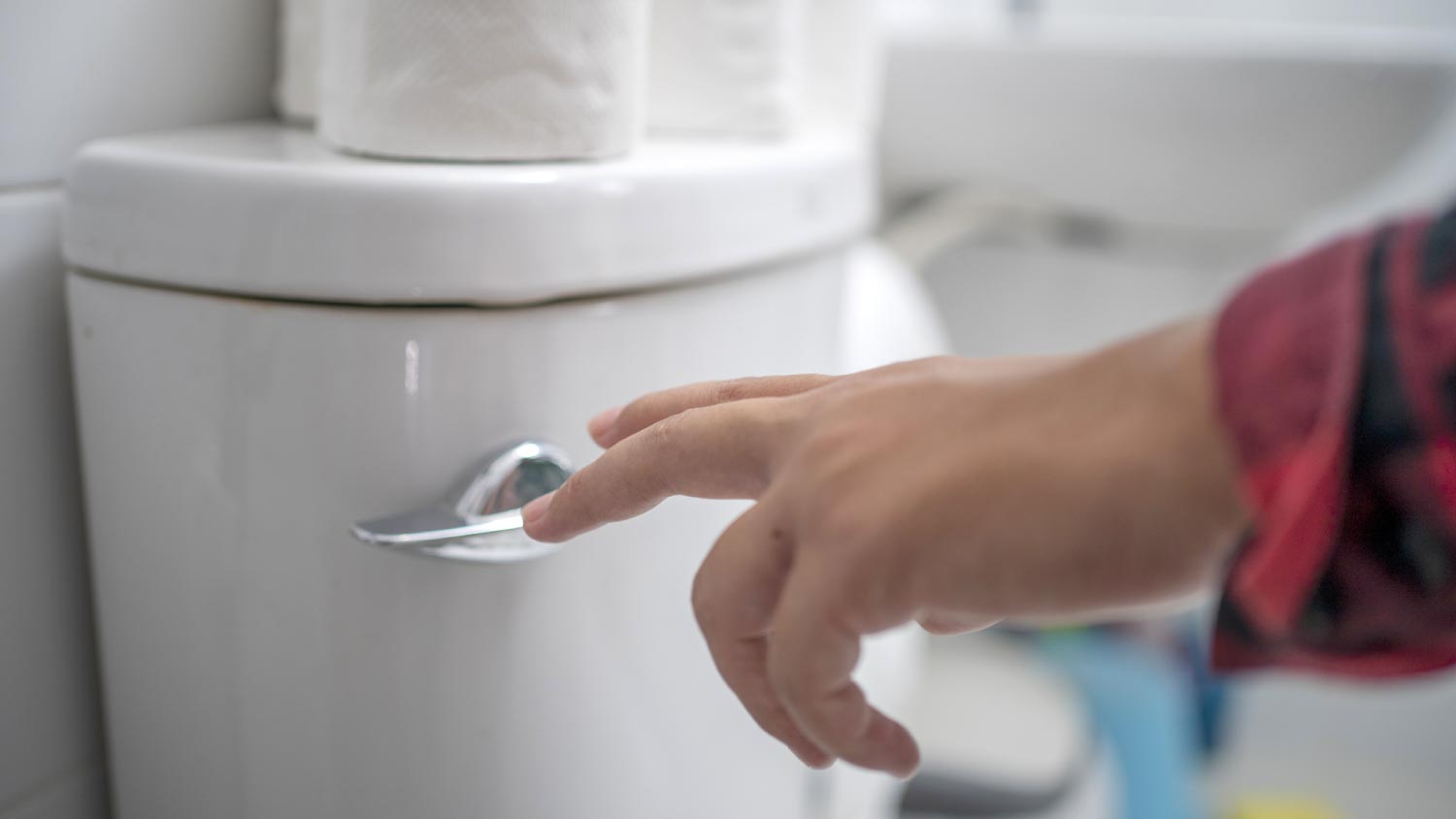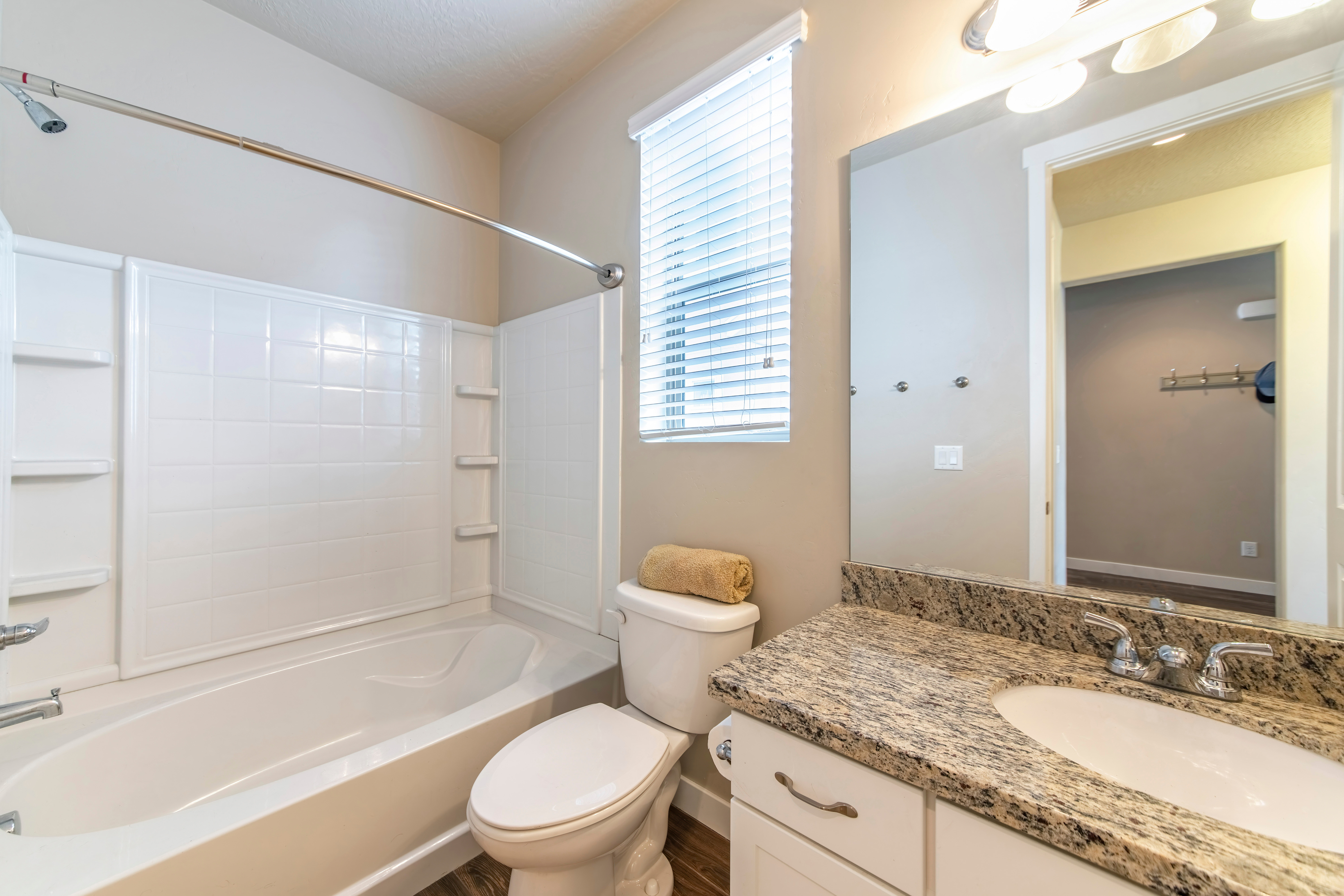
Need to know what sewer line replacement costs in Los Angeles, CA? This guide will help you prepare to budget for sewer line replacement done by local contractors.
While a trusty plumber is a must-have, a specialist can tackle your septic system issues


Do you know who to call for septic tank maintenance? Aside from already having vetted a reputable septic service company, it also helps to know a plumber in case the issues stem from the pipes within your home instead. Keep reading to learn why you’ll need both contractors’ numbers saved in your phone in case of backups, clogs, or other signs of septic trouble.
If a blockage develops in your septic tank, drain field, or other part of the system outside your home, a local septic service professional is the better choice for clearing and repairing the problem.
These professionals are experienced with all kinds of septic systems. In most areas, they’re specifically licensed to complete septic tank pumping and repairs. They also have the tools and equipment to fix your problem on-site.
However, a plumber can tackle problems in your pipes that lead into your septic tank, like servicing or replacing your main sewer line or even clogs in smaller drain lines in your home, like those under your toilets and leading from your sinks and tubs. Some plumbers do work on septic tanks, but they often need special certification to do so.
Your best bet is to call a local septic tank service or maintenance company when you believe the issue is with the septic tank itself.
When the drains serving two or more fixtures in the house are having issues, it’s more likely that the main line going to the tank or the tank has a clog or problem. A septic company is better equipped to deal with this specific issue.
Occasionally, you may notice a major backup in a single drain closest to the septic tank and the sewer line serving it. When your septic tank fills up, it will naturally back up first to the nearest fixture. If you see this issue and know that it’s nearly time to empty the septic tank, call the septic service pro first. How often should you empty your septic tank? Call a septic tank maintenance company for this task every three to five years.
Another reason to call a septic service company first is when you notice standing water outside the home at the same time you’re having drain problems. If you see puddles outside on the grass and it’s been a while since the last rainfall, call your septic pro. And, as lovely as it may be, the greener grass over your septic tank could be a sign that something’s up with your septic system, not a sign that the fertilizer is working.
It’s best to call a local plumber for issues not specifically related to the septic tank. When only your toilet or a single drain is causing backup issues, the issue doesn’t likely relate to the septic tank. You probably have an issue with the drain for the individual fixture that’s giving you problems. If the problematic drain is on an upper floor of the house, the problem rarely relates to the septic system. Contact a plumber to snake the drain for you and get it flowing again.
When a single drain near the main sewer line is causing problems, the septic tank likely is not the problem if you emptied it within the past couple of years. If you recently emptied your septic tank, it’s better to ask a plumber for help treating problems with backups or slow drains.
Other times you should call a plumber include:
Low water pressure
Discolored water from the tap
Dripping faucets
If you own an older home, you might be used to pipes clanking around. But if you have a septic tank, there are certain sounds you shouldn’t ignore. Here’s who to call in some common situations:
| What’s Happening? | Who to Call |
|---|---|
| Pipes are hissing | Plumber |
| Toilet runs when not in use | Plumber |
| Pipes are gurgling | Septic professional |
If you’re not sure who to call for noisy pipes or other issues, it’s better to start with the plumber. A septic company’s work is specific in nature, while plumbers can attempt to diagnose and fix a wider variety of issues. The plumber can do an inspection and advise you on what steps to take. If the plumber decides the issue relates to the septic system, you can then call a septic service.
Once your septic system provider has diagnosed a blockage, the first step is a routine clean-out of the tank to clear the clog. If that doesn’t do the trick, they may clean out your drain lines with high-pressure hydro-jetting. The additional pressure and force of the hydro-jetting can remove most stubborn blockages.
Your professional may also need to pump out your septic tank, which costs around $400 on average.
The average septic tank repair cost is just shy of $1,900. However, a few factors can significantly affect the cost.
Material: Fiberglass and concrete tanks cost double or more to repair compared to plastic tanks.
Size: Larger tanks that surpass 1,000 gallons of capacity will cost more to repair than tanks measuring 1,000 gallons or less.
Type: Some types of repairs are pricier than others. For example, if you need a new pump or must repair the baffles, it costs more than repairing the lid or replacing the filter.
Location: Some areas require permits and enforce strict regulations for installation and repair of septic tanks. You’ll pay extra for septic repairs in more populated areas compared to rural areas, which likely have fewer regulations and permitting requirements.
It’s important to take precautions when dealing with your septic system and sewage, which can pose risks to your health and safety if you don’t have significant experience in working with a system and its various components. For that reason, you should leave the repairs to the pros.
Even if you know exactly what the issue is and how you could go about fixing it, you should call in a septic system repair tech or a plumber if the problem is in your drain lines or supply lines. It is possible to try to clear a main sewer line clog yourself, but always have a plumber on call in case something goes wrong.
In some municipalities, it’s illegal for homeowners to DIY work on their septic systems, as mistakes can contaminate the groundwater and pose a threat to everyone in your vicinity.
From average costs to expert advice, get all the answers you need to get your job done.

Need to know what sewer line replacement costs in Los Angeles, CA? This guide will help you prepare to budget for sewer line replacement done by local contractors.

Get transparent sewer line camera inspection cost info. Learn what impacts pricing and how to budget for this essential home maintenance.

How much does a septic system cost? Explore impacting factors, important add-ons, and how you can save money on septic system installation right here.

Need to know what sewer line replacement costs in Dallas, TX? This guide will help you prepare to budget for sewer line replacement done by local contractors.

Need to know what sewer line replacement costs in Houston, TX? This guide will help you prepare to budget for sewer line replacement done by local contractors.

Some properties require an above-ground septic tank due to soil conditions or location. Learn all about above-ground septic tanks, pros, cons, and costs.